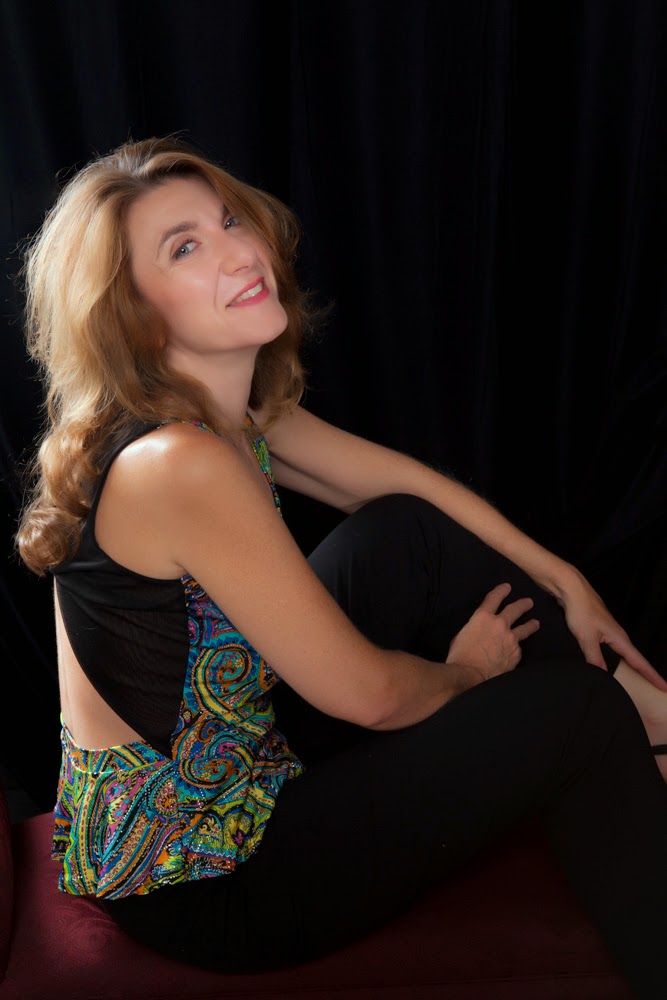Before the run-through, I met and shook hands with the director who commented rather nervously about her appearance and mine, letting me know, in a not too subtle way, that I was overdressed. I didn't think too much about it. I dress for what I am doing and where I am going the whole day. I am aware that I can have a bit of a 'diva' presence. I am what I am and I didn't think much of it.
After the show, I congratulated my student, and the other kiddies in proximity for a job well done. I then approached the director to thank her for permitting my student to invite me to attend and to convey a couple nice comments about the rehearsal going well and also about the enthusiam it noticed in the young performers. Instead of simply thanking me for coming, the director seemed embarrassed and talked about how far the show needed to go. When I assured her that I knew all about dress rehearsals and how shows always come together and that everyone was doing a good job, she responded with "We'll you know better but you HAVE to say stuff like that to me that don't you? You are a GUEST". I was very shocked. The woman had basically called me a liar! I responded directly with "I sincerely meant what I said to you", which I did!
A long time ago, one of my very first voice teachers told me and my fellow students that after a performance, when someone congratulates you or compliments you, there is ONLY one proper response "thank you". Say "thank you" when you think you have done a good job. Say "thank you" when you think you have not done a good job. Say "thank you" when you think the person doesn't know any better. Say "thank you" when you think the person does know better. If you argue "no, the performance really wasn't good" you are either calling the person insincere or ignorant. Neither is a gracious response to someone who has attended your performace.
When my student's high school director said "You have to say that" she wasn't right. I could have chosen to not come up to her. I could have (BUT NEVER IN A MILLION YEARS WOULD HAVE) chosen to give constuctive criticism, or any number of inapropriate responses. What I did was give her thanks for the invitation and a few positive and honest comments, and I left feeling angry because my sincerilty was called into question.
I understand that in the moment, the director was dealing with her own issues, insecurities, perhaps her own difficulty with having a dress rehearsal observed by a professional. Maybe she should not have permitted or encouraged my student to have guests attend a rehearsal. Maybe she was unconfortable or intimidated by my presence. It does not matter.
"Thank you. "Thank you for coming" "Thank you for your kind words" "I am glad you enjoyed it and thank you for coming". "Nice to meet you, thank you". "Good to see you, thank you".
"Thank you". It is he only right thing to say to people who come to see your show.



